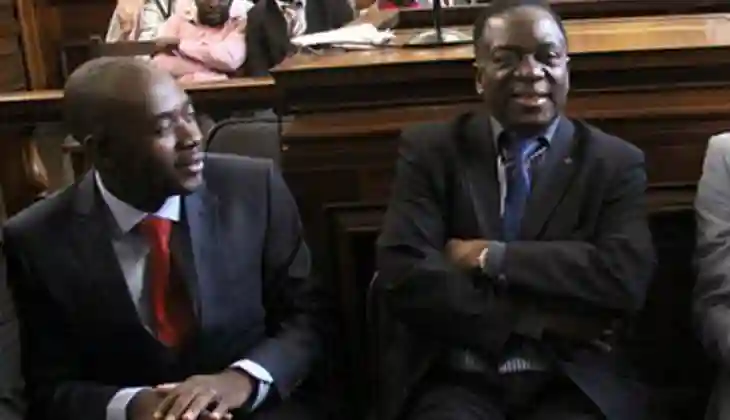Various analysts that commented on Zimbabwe’s woes said the possible way out of this national impasse is through dialogue as other countries are also battling their own problems which were exacerbated by the COVID-19 pandemic, Daily News reports. This comes after the opposition renewed its bid to get the regional bloc to intervene and help them put an end to Zimbabwe’s growing list of problems.
Commenting on the issue Human Rights Watch director for southern Africa, Dewa Mavhinga said
South Africa’s deployment of special envoys to help resolve the Zimbabwe crisis is an important first step which requires further steps and leadership from Zimbabweans themselves.With all the ongoing challenges in the global economy, including the ravaging Covid-19 pandemic, the world can move on without paying attention to Zimbabwe.So, the responsibility is on the collective leadership in Zimbabwe to take the decisive and necessary steps to find a lasting solution to the multi-faceted crisis currently engulfing the country,
UZ’s political commentator Eldred Masunungure also said political leaders had to find a way to the negotiating table to resolve the crisis:
The South African initiative may succeed, but it depends on Zanu PF moving from its rigid position where they are demanding all stakeholders to come to join Polad (the Political Actors Dialogue) for negotiations, and the main opposition is against that.At the moment, we have a stalemate. (Nelson) Chamisa and Mnangagwa are the most two important players. They need to soften their stance, especially Zanu PF. It seems they (Zanu PF) have hardened their stance after the July 31 demonstration
Stephen Chan, a Professor of World Politics said other counties were also trying to solve their own problems to pay serious attention to Zimbabwe:
South Africa is having desperate problems of its own right now. So is China, by the way. No one is going to come to rescue Zimbabwe. Right now, it’s down to Zimbabwe itself, by itself,
While David Monyae director of the Centre for Africa-China Studies at the University of Johannesburg said it was highly unlikely that South Africa would succeed in ending Zimbabwe’s problems:
Once again, Zimbabwe faces its usual periodical flares. This particular flare comes at the worst of times, whether seen from internal or external factors. Despite the fanfare of a new dawn ushered in by the military in upending (the late former president Robert) Mugabe’s almost four decades rule, both Zanu PF and the splintered MDC formations failed to find ways of uniting the country around a meaningful reconstruction. This goes to show that Mugabe’s ouster was not an indictment on his leadership; it was a change of personnel, but business continues as usual.
More: Daily News

